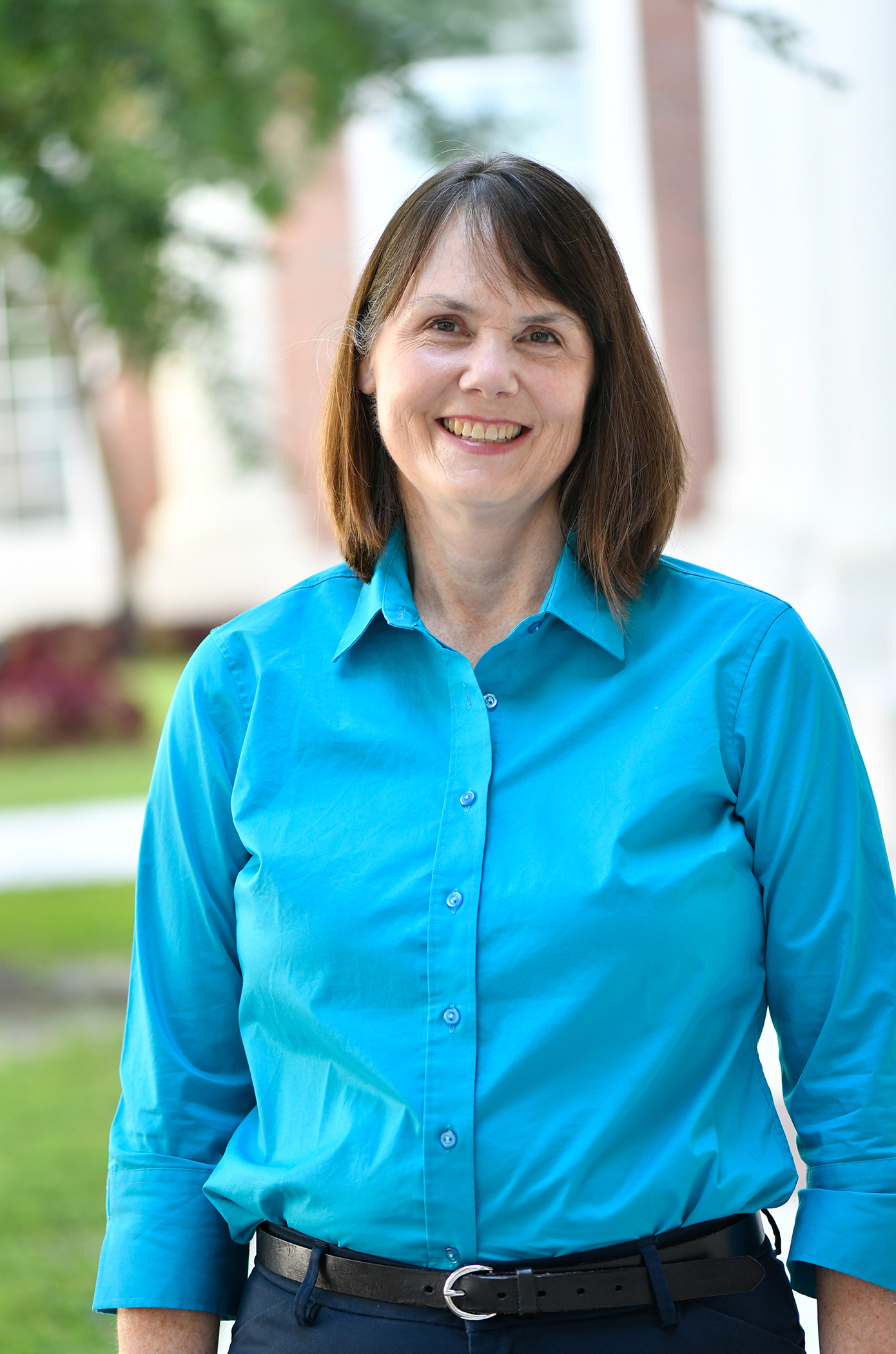Coastal Carolina University’s Banned Book Club will hold its first meeting on Wednesday, Jan. 25, at 4 pm in the Bryan Information Commons atrium. Copies of the book, Gender Queer by Maia Kobabe, will be available, and refreshments will be provided. The event will feature a panel of speakers: Anna Mukamal, CCU assistant professor of digital culture and design; Meredith Ritchie, Horry County Schools librarian; and Loren Mixon, CCU Outreach Librarian. Sponsored by English and DCD programs within the Department of English, the event is funded through CCU’s Quality Enhancement Plan.
Ellen Arnold, senior lecturer in Coastal Carolina University’s English department, said the idea for a banned book club began as a conversation among a few English and Digital Culture and Design faculty members.
“It was a small idea,” said Arnold. “We wanted to do something together–an activity, a meeting–and at the same time, the numbers of bans on books were increasing, so we thought of a banned book club. It’s a place to just sit down and talk about books.”
At its very root, banning books is undemocratic because it silences a voice.
Dr. Ellen Arnold
After arranging a banned books read-out during the American Library Association’s Banned Books Week in September 2022, Arnold realized how pertinent the freedom to read is to faculty, staff, and students across campus. “Over 70 people attended and over 20 volunteered to read,” said Arnold. “I was blown away by the number of people who wanted to get involved.”
Attendees of this event were invited to vote for the reading group’s first book, selecting the graphic novel Gender Queer by Maia Kobabe. “I was delighted that they chose [Gender Queer] because it was the most banned book in 2021,” said Arnold. “When we talk about banning books and silencing voices, it’s more likely those are going to be certain kinds of voices – the ones that are already less likely to be heard in books.”
Arnold notes the importance of diversity in literature, especially books for children and young adults. “It’s important for underrepresented voices to have mirrors; for everyone to see themselves in what they read,” said Arnold, “but it’s just as crucial for [readers] to see windows into the experiences of other people who aren’t like them. It can change people fundamentally by developing that sense of empathy that’s so important, the very thing that makes us human.”
“At its very root, banning books is undemocratic because it silences a voice,” said Arnold. “It’s important to learn what books are being banned and why, to share ideas about how we can make those books available, and to explore how we can speak out against their restriction. The best thing we can do is just keep reading the books.”
See more CCU creative and scholarly responses to contemporary trends in book banning:
Sarah Laiola: “A Rapid-Fire Overview of Data and Trends as Reported by Pen America”
Anna Mukamal: “Visualizing Book Banning Trends 2021-22”
DCD student interns: “DCD Visualizes Book Banning in the USA”
